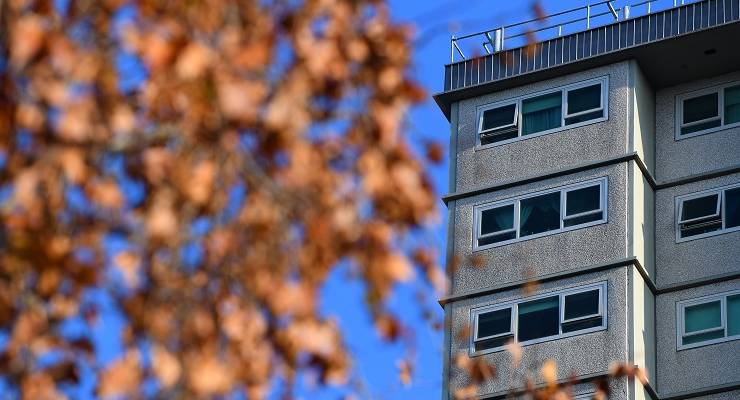
On March 2, when we were still awakening to COVID-19, I suggested that the world’s response to the novel coronavirus was an extreme example of a transfer of wealth from the young to the old.
Back then China was part-way through its brutal lockdown of Wuhan; the Diamond Princess had become a floating prison; and the elderly were being hit hard in Italy. Much of the world was still largely blissful in ignorance.
Eight months later and most of the world has in some way locked down their populations for a period of time. As millions of people around the world lost their jobs, billionaires increased their wealth by 27.5% between April and July. The world’s richest man, Jeff Bezos, increased his wealth by a staggering US$74 billion, helped in part by governments forcing Amazon’s competitors to close.
While the rich have gotten much richer, the poor have unsurprisingly gotten far poorer. Last week the World Bank estimated that 150 million people will be forced into poverty by the end of 2022. The number of people who are subsisting on only US$1.90 per day is expected to increase from 9.1% to 9.4% of the world’s population.
Of course, the rich have also been able to deal with lockdowns far more comfortably. In late March, billionaire David Geffen sent words of support, imploring regular people to stay safe, from a US$590 million yacht.
The Queensland government, which refuses to ease strict 14-day quarantine rules for normal people suffering from cancer, happily allows wealthy celebrities like Danni Minogue and Tom Hanks to avoid hotel quarantine and stay in alternative luxury accommodation.
In Melbourne, proud home to one of the world’s longest lockdowns, Bernard Salt — the millionaire KPMG partner and demographer — yesterday wrote a treatise in The Australian explaining just how lovely his lockdown experience has been.
Bernard has been able to stroll the streets of his leafy suburb and admire the “beauty in a microcosm of Melbourne suburbia [while connecting] the passage of time, the change of seasons, the angle of the sun, with the concept that there is a bigger canvas upon which we play out the minutiae of our lives”.
This is not to criticise Salt, who himself grew up in a housing commission property and who said nothing intentionally offensive, but to contrast his experience with the hundreds of thousands of Victorian small business owners who have been legally prevented from earning a living since April. Or the Flemington housing commission residents who upon a mere one hour’s notice were imprisoned in their tiny apartments for more than a week. Their crime, it seemed, was being poor and not white. (The Labor government gave Melbourne’s wealthy several days before stage-four restrictions to head to their Mornington Peninsula holiday homes.)
Yesterday, the World Health Organization (WHO) conceded what has become very apparent to anyone with a basic understand of mathematics: lockdowns cause more harm than good.
One of the world’s foremost health experts, the WHO’s Dr David Nabarro, told leaders to end “using lockdowns as your primary control method … lockdowns just have one consequence that you must never ever belittle, and that is making poor people an awful lot poorer”.
In March I wrote that “so far, around 3000 people have died from COVID-19. However, in 2017, more than 800,000 kids aged under five died from lower respiratory infections. Another 600,000 young kids died from diarrheal diseases; more than 350,000 died from malaria; and shockingly, 145,000 died from nutritional deficiencies. Those are figures from just one year”.
The novel coronavirus has traversed the globe, sucking up trillions of dollars in resources as we continue to lock down regions and try to find vaccines and treatments. If only we responded that way when poor, black kids get sick.








Crikey is committed to hosting lively discussions. Help us keep the conversation useful, interesting and welcoming. We aim to publish comments quickly in the interest of promoting robust conversation, but we’re a small team and we deploy filters to protect against legal risk. Occasionally your comment may be held up while we review, but we’re working as fast as we can to keep the conversation rolling.
The Crikey comment section is members-only content. Please subscribe to leave a comment.
The Crikey comment section is members-only content. Please login to leave a comment.